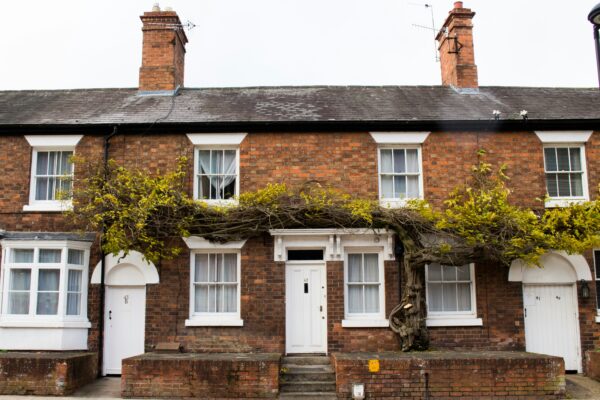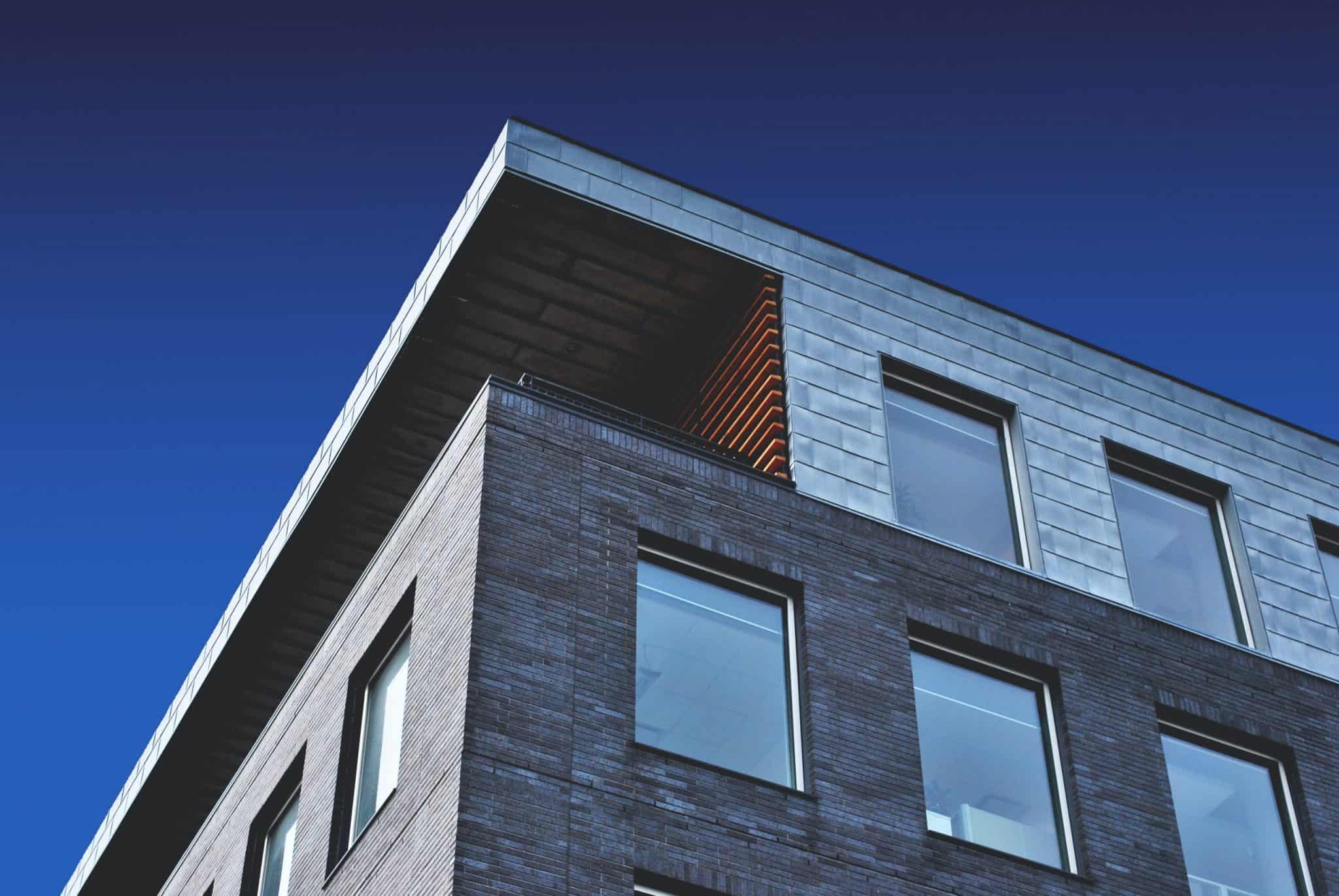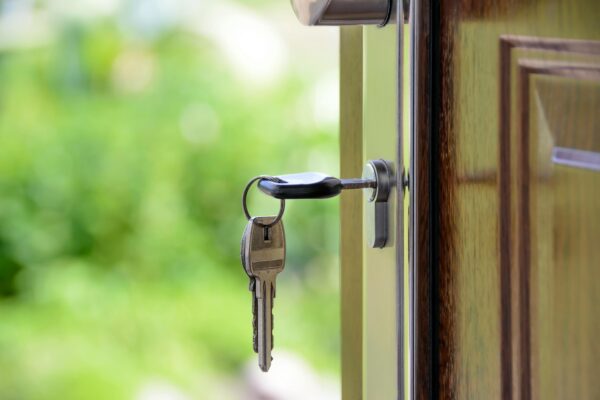
Islamic Mortgage Remortgage Guide: What to Do When Your Fixed Term Ends
02 December 2025 8 min read


Haider Saleem
4 min read
Last updated on:
No. They are more expensive than a conventional mortgage.
You’ll (usually) pay higher (1) bank charges and (2) solicitors’ fees. Both explained below.
For Gatehouse bank, costs are 25-30% higher compared to a mainstream bank – see our analysis here.
We found the same in our analysis of Al Rayan.
The cost of financing is generally higher for Islamic banks. This is because they can’t borrow from the Bank of England (yet) or the mainstream money markets at low interest rates. They have to get their money from savings accounts and sukuk offerings. This is more expensive because people with a savings account or holding sukuks want to get paid.
Example:
| Mainstream Bank | Islamic Bank |
|
|
|
THEREFORE: The £100,000 costs more to the Islamic bank so they need to charge more. Hopefully, this will change soon as the BoE is working on a sharia-compliant liquidity facility that will allow Islamic banks to borrow directly from them in a sharia-compliant way. |
|
Muslims in the UK constitute about 5% of the population. Only a subset of them cares enough to use Islamic mortgages. Therefore, the target audience is (relatively speaking) tiny. Its prices won’t benefit from the economies of scale that larger lenders benefit from and reflect in their pricing.
Furthermore, British Muslims are overrepresented in homelessness, poor housing, unemployment and low educational achievements. In 2016, the Muslim Council of Britain found that There are about 750,000 Muslim households, 50% of these have a weekly income of less than £270. This is pre-COVID…
Firstly, if a solution like Primary Finance gains traction and gets hold of the necessary liquidity sufficient to reduce its prices to be around Al Rayan’s and to meet the demand, we would prefer it to Al Rayan. But that’s genuinely a big “if”. People like Strideup have tried and failed and have had to pivot to a HPP model.
Secondly, Islamic banks have now reached an agreement with the BoE to be able to get access to sharia-compliant liquidity. This should in theory:
This should give some breathing room to the banks to be able to implement some of the risk allocation measures, as well as passing the saving down to customers. IFG will be watching this market closely and fighting for the Muslim consumer to the best of our ability.
From my experience in conveyancing, our fees were bumped if a client was purchasing a property with an Islamic mortgage. This could be an increase of 200% or more.
Practically Islamic mortgages are much more difficult to deal with and take up a lot more time. More clients = more money for solicitors. Time lost dealing with complex loans = less money to make from taking on new clients.
The Islamic banks have their own approved solicitors to represent them in a transaction. This usually ends up reducing solicitors fees to roughly mainstream fees.
But if you don’t use them, this means before anything has even happened, it’s going to:
Gatehouse advertises that it does not charge you for their legal fees – and indeed that has been our personal experience as well. But the contract does allow for them to charge you for all legal and other expenses they reasonably incur whilst preparing your mortgage documentation. Not a massive issue – as long as Gatehouse continue to stick to what they are advertising.
If you choose an Islamic mortgage, remember this – you’re paying for the halal option.
You can compare all the available providers on our Islamic mortgage comparison here.
Islamic mortgages are currently the only genuine solution for Muslims in the UK. It’s a small and relatively new market. It’s not cheap setting up a properly regulated bank, raising necessary liquidity, and adhering to tight regulatory and liquidity rules. The product must effectively minimize risk for itself as much as possible and mimic the debt-like characteristics of mainstream mortgage providers.
If you enjoyed this article, you can follow me on Twitter or LinkedIn.
https://mcb.org.uk/wp-content/uploads/2016/01/BMINBriefing7_Jan16.pdf

02 December 2025 8 min read

05 September 2025 11 min read
Leave a Reply